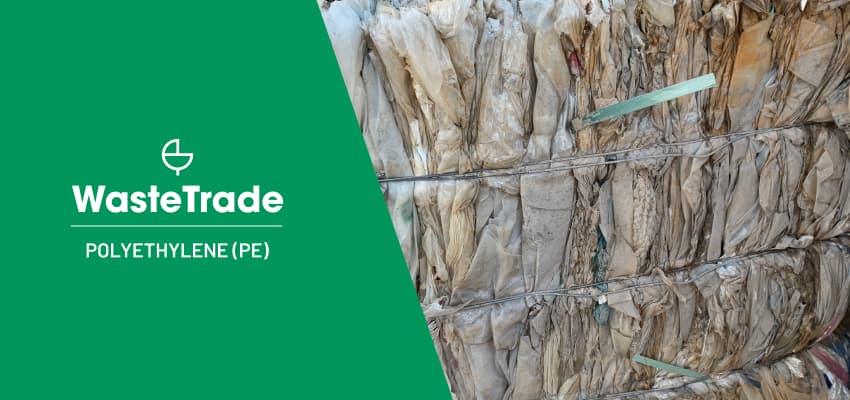Why PET Recycling at WasteTrade is Essential for Combating Plastic Waste Crisis
Why PET Recycling at WasteTrade is Essential for Combating Plastic Waste Crisis
Blog Article
The world is facing a plastic waste crisis, with thousands of tonnes of waste ending up in oceans and landfills each year. The most widely used materials is PET (polyethylene Terephthalate), which is used to make plastic bottles for water, food packaging, and other everyday items. But, WasteTrade has recognized the significance of recycling PET as well and taken the necessary steps to ensure it is an integral component in their recycling process. In this blog post we will look at the reasons recycle PET in WasteTrade is crucial for combating the problem of plastic waste.

The consumption and production of single-use plastics are on the rise in recent times, leading to an rise in the amount of plastic pollution. According to a report by National Geographic, only 9 percent of all plastic made has been recycled. This shocking statistic demonstrates the necessity of implementing effective recycling techniques for various types of plastics, such as PET.
PET is one type of plastic that is easily reused into new products without compromising its quality or properties. WasteTrade recognizes this and has developed a comprehensive PET recycling program in the waste services they offer. Through the collection and processing of used PET products through various sorting techniques such as shredding and washing, WasteTrade ensures that these materials are removed from marine or landfills.
What is the significance of this? First, by removing these materials from landfills and oceans by utilizing proper recycling methods such as those offered by WasteTrade and WasteTrade, we can cut down on environmental pollution significantly. Plastics require hundreds or hundreds of thousands of years decompose naturally; therefore they remain harmful to our environment even after they are disposed off in a way that is not properly.
Moreover, when plastics end in our oceans, or other natural habitats, instead of being recycled properly at facilities such as WasteTrade's plant-based facility, they are a major threat to marine life as well as the health of humans. Marine animals often confuse plastic waste with food, resulting in ingest and entanglement, which can be fatal. Furthermore, plastics degrade into microplastics over time, which may get into the food chain and have negative effects on human health.

Additionally, WasteTrade's PET recycling program aids in reducing the demand for virgin plastic production. Recycling used PET items into brand new products, WasteTrade is contributing to an economy that is circular, meaning that resources are repurposed instead of being wasted after only one use. This reduces the need for extraction of raw materials and the energy-intensive processes that are required to make new plastics.
Conclusion: WasteTrade's PET recycling program is not just beneficial to the environment, but also offers economic advantages. In removing these materials from the oceans or wastelands and turning them into useful materials through recycling, WasteTrade is creating job opportunities and encouraging sustainable practices within communities.
Report this page